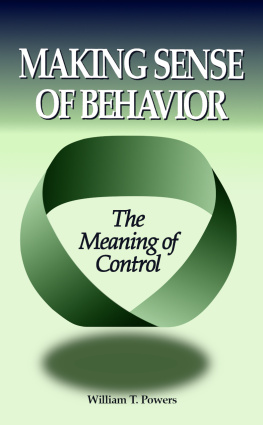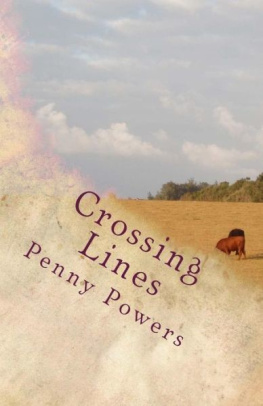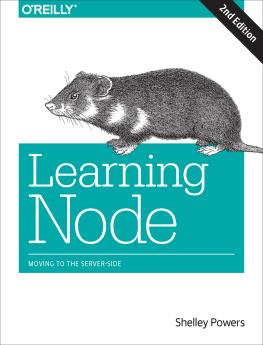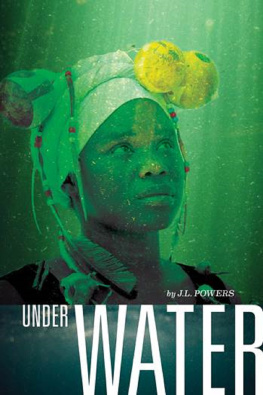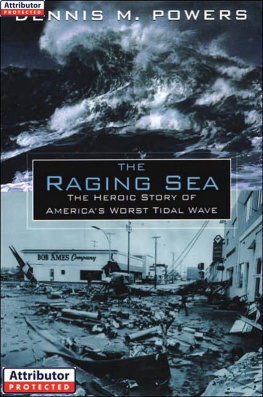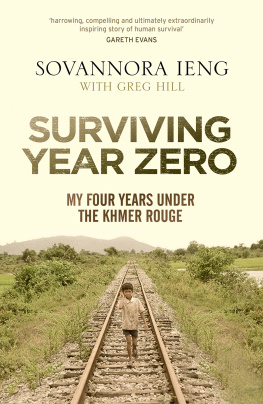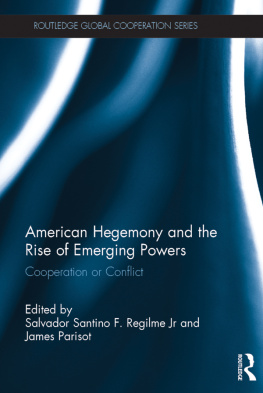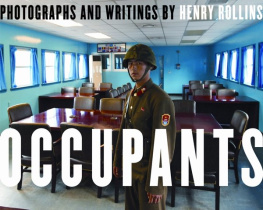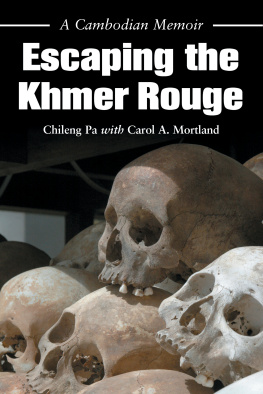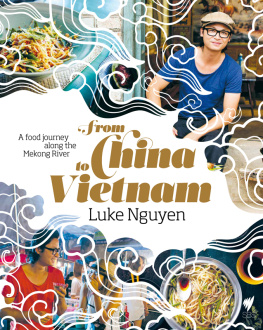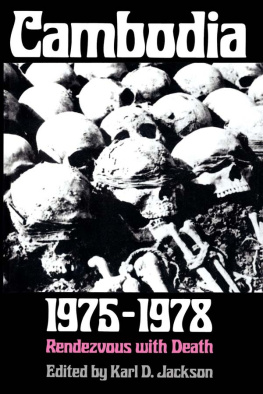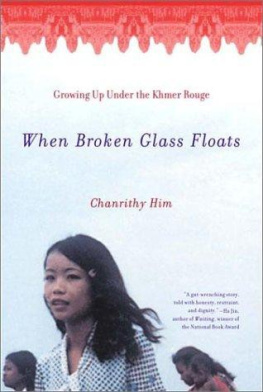

An Anthology of Essays from Around the Globe
________________________
EDITED BY J.L. POWERS

That Mad Game: Growing Up in a Warzone. An Anthology of Essays from Around the Globe. Copyright 2012 by J.L. Powers. All rights reserved. No part of this book may be used or reproduced in any manner whatsoever without written consent from the publisher, except for brief quotations for reviews. For further information, write Cinco Puntos Press, 701 Texas Avenue, El Paso, TX 79901; or call 1-915-838-1625.
Across the River by Nikolina Kulidan was originally published in The Sun Magazine. Symphony No.1 (In Memoriam, Dresden, 1945) by David Griffith was originally published in A Good War is Hard to Find: The Art of Violence in America by David Griffith (Soft Skull Press, 2006). Hand-Me-Down War Stories by Jerry Mathes was originally published in The Southern Review. A version of Half a Continent, Step by Step by Andie Miller first appeared in Slow Motion: Stories about Walking by Andie Miller (Jacana Media, 2010). A version of Ways of the Khmer Rouge by Peauladd Huy was the featured story in the 2012 Anniversary Issue of Tryst magazine.

FIRST EDITION
10 9 8 7 6 5 4 3 2 1
LIBRARY OF CONGRESS CATALOGING-IN-PUBLICATION DATA
That mad game : growing up in a warzone : an anthology of essays from around the globe / edited by J.L. Powers.1st ed.
p. cm.
E-book ISBN 978-1-935955-23-8
1. Children and war. I. Powers, J. L. (Jessica Lynn), 1974- II. Title.
HQ784.W3T48 2012
303.66083--dc23
2012004315
Cover design by Anne M. Giangiulio.
Go, lil red metro, long gone.
Composited by Mrs. Lee Byrd.
FOR CHRIS
who is not afraid to let me explore the dark places
War, that mad game the world so loves to play,
And for it does so dearly pay;
For, though with loss, or victory, a while
Fortune the gamesters does beguile,
Yet at the last the box sweeps all away.
Jonathan Swift, Ode to Sir William Temple, 1689
TABLE OF CONTENTS
SOMETHING WE OFTEN forget when we talk about war is how it affects not just the current reality but reality from then on. Wherever it goes and whatever it touches, it permanently poisons.
Whenever I bring up the subject of war and its negative effects, people invariably have objections. The American Revolution is cited as an example of a war with positive effects, while going to war against Germany in World War II is cited as an example of the necessity of war. I am not making a judgment on the right of people to defend themselves from atrocity or genocide, or the right of people to seek liberation from tyrannical or oppressive governments. Yet I maintain that all wars, regardless of how righteous we may envision the ideology behind them, have negative consequences, and that children bear the brunt of those consequences.
In 2006, I lived for a brief time with a family in South Africa. The Nenes were a black family living in a South African township in the twenty-first century. Mama was gone throughout the week working at her job in another city and Gogo, the grandmother, was the adult in charge. But Gogo suffered from arthritis and she was tired most of the time so the two teenage daughters were responsible for the daily household chores. Mama had never been married, though both of her children had the same father. Men were noticeably absent from daily life. The family I lived with was fortunate that Mama had a job and could contribute to the household economy. Men and women alike have trouble finding work. If they do find it, they often must leave their families for their jobs, just as Mama and her brother did. Because unemployment is so high, many black families in South Africa are dependent on the pensions that the government offers the elderly. For the millions growing up in impoverished townships, being young means the lack of a stable home life or the opportunity to become something.
What does this have to do with war?
On the surface, nothing.
In fact, when considering the problems facing black families in South Africa, many scholars and observers will point to apartheid as the culprit for undermining family stability. Apartheida totalizing legal, political and social system of racial segregationflourished in South Africa from 1948 to 1994. A persons entire lifewhere he was educated, where she was allowed to live, where he was allowed to work, where she was allowed to worship, where he was allowed to shopwas subject to race. Under apartheid, whites had a protected status that ensured a good education, a job that paid well and lots of leisure time. Alternatively, blacks worked long hours for low pay. Furthermore, the system separated black families by providing work passes to only some members of a family while requiring that the rest live in what the government had designated as African homelands in rural areas far from the cities where the jobs existed. Africans were denied the right to own land, to vote or to choose where they lived. If they were given a pass to go to the cities, they had to find work in a few days, or they were in danger of imprisonment and being sentenced to hard labor on white farms. Women who found jobs as maids or nannies had to leave their children. Though apartheid ended in 1994, the destruction to African society was so complete that many black families today face a losing battle in the quest to become stable and self-sustaining under the new democratic system
So apartheid surely is culpable. And before apartheid, there was colonialism, a system where Europeans and European settlers ruled over the nations where Africans had lived for millennia. This, too, helped to produce the ongoing problems of poverty and violence in South Africa.
But before apartheid and before colonialism, there was war.
European nations colonized the continent of Africa through a series of trade agreements, conquest (sometimes violent) and war. In South Africa, a series of wars over the course of 250 yearsfrom 1652 to 1879led to the defeat of the African people living in South Africa and, ultimately, to their subjugation by European settlers. Once Africans capitulated to white rule, British and Dutch settlers (known as Afrikaners, sometimes also called Boers) engaged in a power struggle, settled by the defeat of the Afrikaners in the brutal South African War of 1899 to 1902. In 1910, British and Afrikaner came together in the Union of South Africa, and blacksthe majority of the populationwere sold down the river. This alliance culminated in the implementation of the worlds most racist political system in 1948.
So war led to colonialism and colonialism led to apartheid. And under apartheid, society was ripped apart by violence as many blacks struggled for liberation and many whites struggled to hold onto their power. Though white South Africans lived in relative security in highly policed cities and towns, African society was plunged into violence. State violence against citizens who violated laws or who protested apartheid was swift and brutal. South Africans of all races fought against the system using a variety of tactics, including armed insurrection. In the 1980s, in a last-ditch effort to end apartheid, the African National Congress (ANC) advocated a policy to make the townships ungovernable, encouraging widespread anarchy and civil disobedience. Meanwhile, the government was secretly arming a conservative African faction of primarily Zulus and encouraging them to kill members of the ANC. The townships became a bloodbath even as the world heard apartheids dying gasps. A last-minute truce prevented a full-out war just in time for the country to elect Nelson Mandela as the countrys first black president and its first democratically elected politician.
Next page

